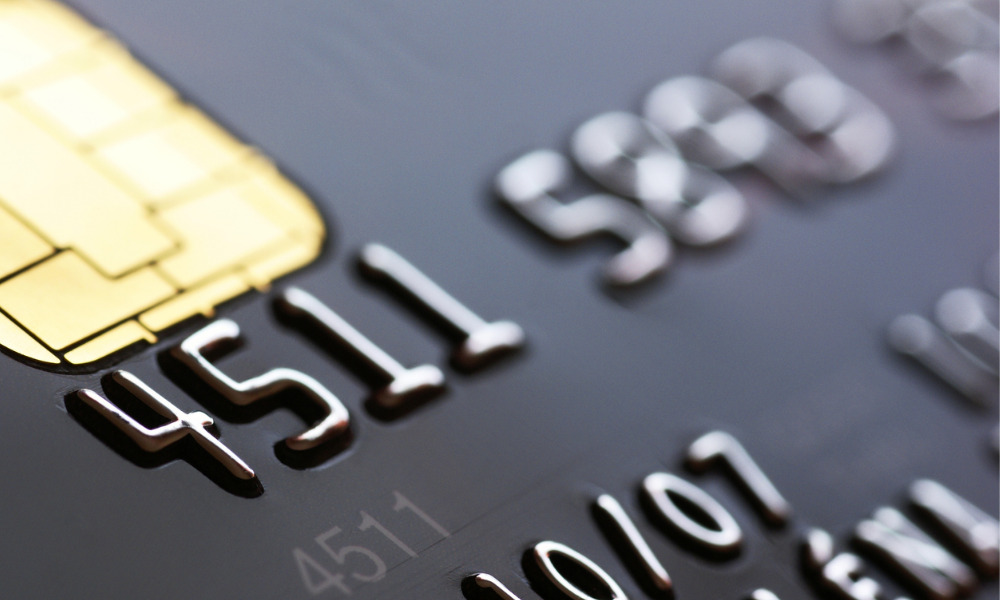The environment and smooth integration between diverse ecosystems are paramount. A pivotal aspect of addressing this requirement is the adoption of multi-chain compatibility within DeFi wallets. Multi-chain compatibility denotes the capability of a wallet to accommodate multiple blockchain networks. It manages, stores, and conducts transactions involving various cryptocurrencies and tokens across different chains, all through a unified interface.
Enhanced portfolio diversification
Best Cryptocurrency to Invest space is characterized by a vast array of innovative projects, protocols, and tokens, each with its unique value proposition and use case. Multi-chain compatibility empowers users to diversify their portfolios across multiple blockchain networks, unlocking access to a wider range of investment opportunities and financial instruments. By supporting multiple chains, DeFi wallet users to participate in various decentralized applications (dApps), decentralized exchanges (DEXs), lending protocols, and yield farming opportunities without being restricted to a single ecosystem. This versatility allows users to maximize their returns and mitigate risks by diversifying their investments across different blockchain networks.
Liquidity and trading opportunities
Multi-chain compatibility facilitates increased liquidity and trading opportunities within the DeFi space. As different blockchain networks may have varying token offerings, liquidity pools, and trading pairs, users with access to multiple chains take advantage of arbitrage opportunities and capitalize on price discrepancies across various markets. The multi-chain wallets enable users to participate in cross-chain liquidity pools, where assets from different networks can be pooled together, increasing overall liquidity and enabling more efficient trading. This increased liquidity can lead to tighter spreads, reduced slippage, and improved execution of trades, ultimately benefiting traders and investors alike.
Seamless cross-chain interoperability
- The advantage of multi-chain compatibility is the ability to facilitate seamless cross-chain interoperability. As blockchain networks continue to evolve and develop their unique features and capabilities, the need for efficient communication and value transfer between these ecosystems becomes paramount.
- Multi-chain wallets act as bridges, enabling users to move assets seamlessly between different blockchain networks. This cross-chain interoperability unlocks new possibilities for decentralized applications, financial instruments, and innovative use cases that leverage the strengths of multiple blockchain networks simultaneously.
- For instance, a user could lend assets on one blockchain network while simultaneously providing liquidity on another, all from a single multi-chain wallet interface. This level of interoperability fosters collaboration and synergy within the DeFi ecosystem, driving innovation and creating new opportunities for developers and users alike.
Enhanced security and risk mitigation
Multi-chain compatibility can also contribute to enhanced security and risk mitigation in the DeFi space. By enabling users to diversify their holdings across multiple blockchain networks, multi-chain wallets reduce the potential impact of security breaches, network outages, or other vulnerabilities that may affect a single blockchain. If one network experiences issues or is compromised, users can seamlessly shift their assets to other supported networks, minimizing potential losses and ensuring continued access.
Compliance and Regulatory Adherence
As the DeFi ecosystem continues to grow and attract more mainstream attention, regulatory compliance and adherence to applicable laws and guidelines will become increasingly important. Multi-chain compatibility can simplify compliance efforts by providing a centralized platform for tracking and reporting transactions across multiple blockchain networks. By consolidating transaction histories and asset holdings within a single interface, multi-chain wallets can streamline the process of generating comprehensive reports and ensuring compliance with relevant regulations, such as anti-money laundering (AML) and know-your-customer (KYC) requirements.











Comments